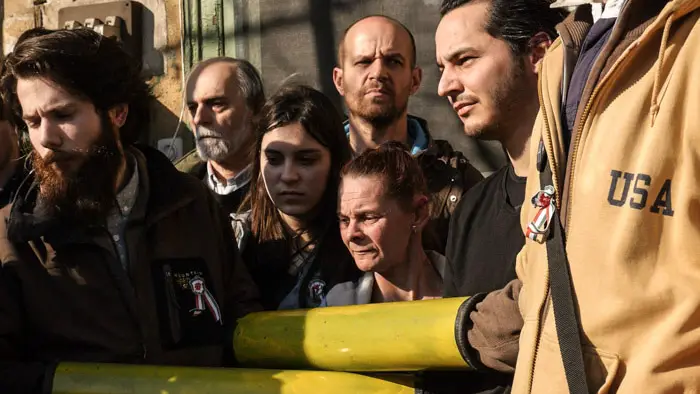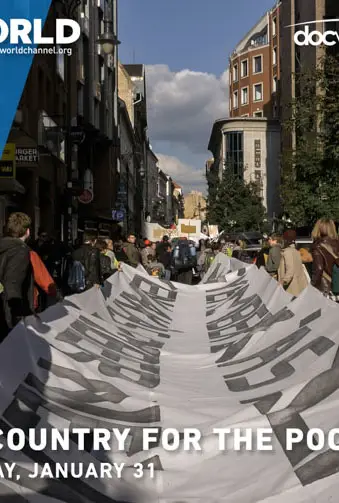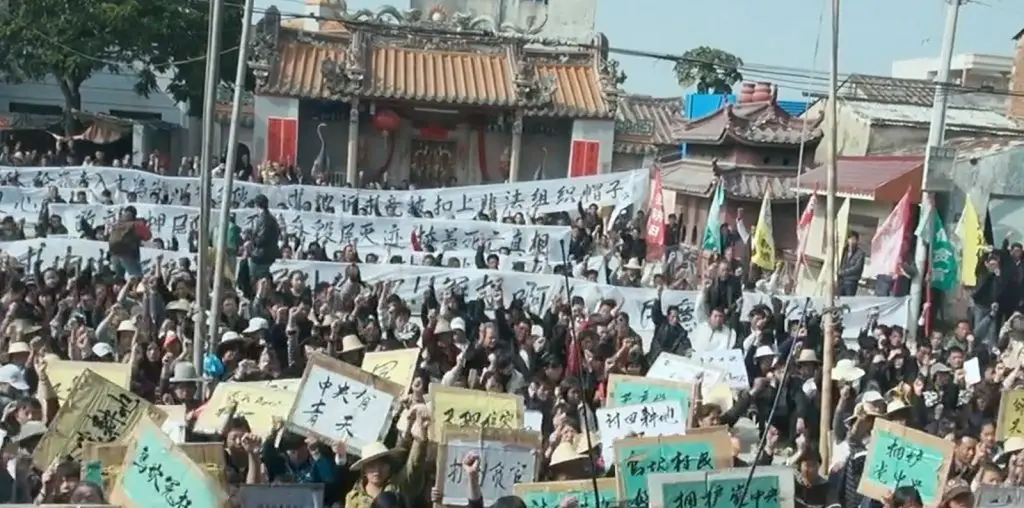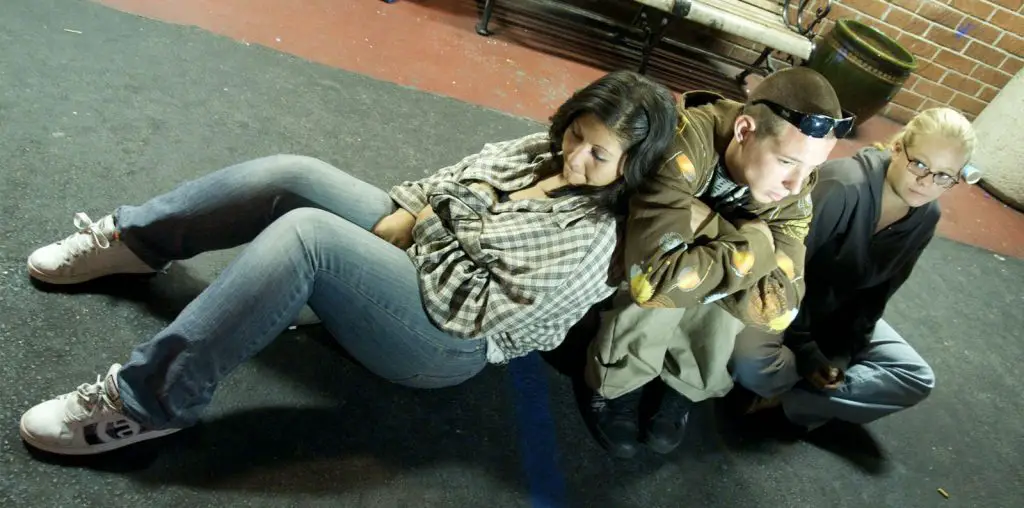
Those of us outside of Hungary are broadly familiar with some of the issues enveloping the country: Prime Minister Viktor Orbán’s clashes with the magnate George Soros, the steady erosion of Hungary’s independent press, and the ruling party’s alarming declarations of nativism. No Country for the Poor, however, is a documentary focused on a domestic issue that does not get international headlines, namely, the poor and homeless existing at the margins of Hungarian society.
Director László Bihari lays out the fundamental issues facing the poor, the homeless, and those on the verge of being evicted from their homes. Bihari’s documentary states that 30,000 Hungarians are either homeless or reside in makeshift shacks that the government does not recognize. 400,000 state-owned flats are uninhabited. On the face of things, this does not seem like much of a problem. It is simple arithmetic; there are more unoccupied flats than needy individuals. The problem is that many of these flats are in utter disrepair and without electricity. The Hungarian government will not pay for the repair of these flats.

“…lays out the fundamental issues facing the poor, the homeless, and those on the verge of being evicted from their homes.…”
The problem is compounded by the fact that Hungarian law makes homelessness illegal with punishments as severe as a three-year prison term and loss of child custody. Those on the verge of eviction get little to no government support. The poor end up caught in a vicious cycle of humiliation and are not given a rent lifeline, are evicted, end up homeless, risk ending up in prison, beg for unoccupied apartments, but the government will not pay to improve said flats; thus, perpetuating their state of marginality and humiliation.
Amid this Kafkaesque absurdity stands the advocacy group The City is for All (AVM). Their membership is made up of the homeless themselves. Members glean shoes and food for other members, give solidarity support to recent evictees by being present when police perform evictions, engage in civil disobedience inspired by the African American civil rights movement, and petition state bureaucrats and politicians for reform. Social and political documentaries are only as powerful as the individuals they portray and how they embody the larger struggle.

"…30,000 Hungarians are either homeless or reside in makeshift shacks..."



[…] Read more… […]